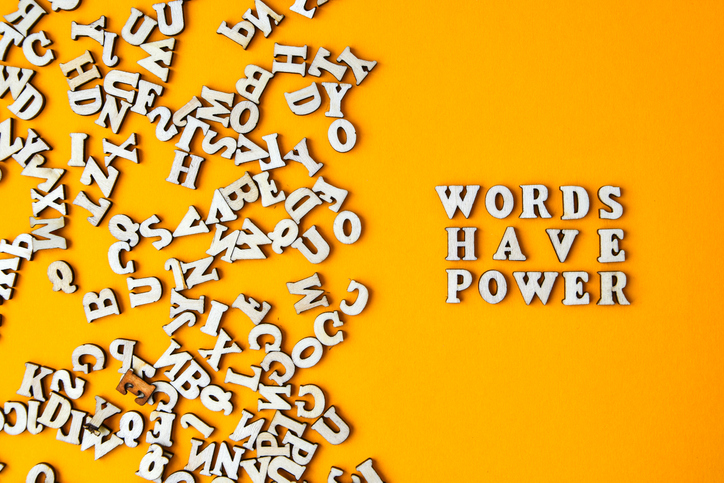Factoid: The old children’s rhyme “sticks and stones may break my bones, but words will never hurt me” was used as early as 1862 to refrain people from engaging in verbal bullying. Over time and with experience, we gained a new perspective. I found a poem that perhaps an indication of reality. Ruby Redfort wrote—Sticks and stones may break my bones, but words can also hurt me and sticks break only skin, while words are ghosts that haunt me. Slant and curved the word-swords fall, it pierces and sticks inside me. Bats and bricks may ache through bones, but words can mortify me. Pain from words has left its' scar, on mind and heart that's tender. Cuts and bruises have not healed, it's words that I remember. Now, bullying depends on it. A multitude in the population depends on it. Some words have worn out their worthiness and are worthless. e.g. ******
William White wrote, For more than two centuries, Addicted and recovering people in America have been the object of language created by others. People experiencing severe and persistent alcohol and other drug problems inherited a language not of their own making that has been ill suited to accurately portray their experience to others or to serve as a personal catalyst for personal change. The wrong words stigmatize and dis-empower. In 2001, in St Paul, Minnesota, the group assembled learned that by our silence we let others define us. We gave birth to Faces and Voices of Recovery. Understanding the sound of silence led us to the making of our language and it’s resounding and growing joyful noise about the reality of recovery.
The Orange County California’s The Purpose of Recovery organization, TPOR, is offering a series of informative learning experiences through virtual presentations. We have done The Science of Addiction and Recovery and a most recent one was on Recovery Messaging. William White wrote, Many of us have carried a message of hope on a one-to-one basis. This new recovery movement calls upon us to carry that message of hope to whole communities and the whole culture. It is time we stepped forward to. Shape this history with our stories, our time and our talents. Our movement can’t be successful when led solely by those impacted by addiction and accompanying injustice. We need to share our message and inspire allies and others to come join us in the new recovery movement. The learning opportunities in the Recovery Messaging are the result of years of study, revision, feedback, and evaluation of retention and useful purpose. Among the slides is the information that choosing language of recovery is key. It is followed by examples titled “Say this, not that.” Examples of current language, alternatives, and reasons. I have focused on a few words. The latest is relapse. I prefer and promote set-back. It leads to a mindful slogan. Get back, on track, and don’t look back. Labels have a sticky side for a reason. stigmatizing labels like “addict” and “alcoholic” stick when identity as a “person in recovery” is positive and appropriate when recognizing substance use disorder.
With others from TPOR, I completed a 10-week CRAFT course, Community Reinforcement and Family Training. It teaches family and friends effective strategies for helping their loved ones to change and seeking to better themselves. Of course, words were involved—words and the nature of response. What to say and when might promote a change of behavior remembering, it’s a process not an event. Use reflection with positive reinforcement and patience and take pride in small changes. I learned of a counselor who suggested 80% listening with reflective and positive attention and 20% “I” centered response, I feel, I see, I hear, to promote understanding and trust. I do not have family issues but as a peer recovery coach, it adds greatly to TPOR and my tool kit.
I read an article about a book titled Hunt, Gather, Parent by Michaelean Doucleff. She visited and wrote about visiting and imbedding with families in small villages in Mexico, Alaska, and Tanzania She observed parenting by the moms and dads in the villages. What caught my attention is her statement,” across the board all the moms and dads mention one golden rule of Inuit parenting. Never yell at a child.” The children’s conduct and behavior was very good. Say what? Doesn’t yelling put more power in words no matter whether addressing child or adult? In the context of this writing, the words we use to encourage behavioral change should not need volume to communicate. Too many decibels are numbing and dumbing. I like the expression, “He drives words with a velvet hammer.” The voice I hear and the words I hear are mine. I pay attention. Don Coyhis is President and co-founder of White Bison, Colorado Springs, Colorado. Don is the founder of the Wellbriety movement The book Red Road to Wellbriety is a book of healing that is culture-specific to Native Americans, but it may be used by all people. He and William White have written many words together about addiction and recovery in Native Americans with cultural considerations and challenging the “firewater myth” among them. I love the words I read.
Native purification and healing practices (sacred dances, the sweat lodge, and talking circles). Such elements as teaching metaphors (e.g., the medicine wheel), symbols (e.g., the sacred pipe, eagle feathers), rituals (e.g., sweat lodge, smudging ceremonies. These words say healing to me. Don Coyhis wrote, Words are important. If you want to care for something, you call it a flower. If you want to kill something you call it a weed. A word to the wise, use words wisely.
Merlyn Karst — Recovery Ambassador


I love this poem. I am a survivor of childhood trauma and was looking up the origin of the “sticks and stones” poem we heard on the playgrounds as children.
Even though this is an addiction recovery site it is also very appropriate for survivors as well.
I published a book in July titled, Healing From Trauma. Many times abuse survivors use alcohol and drugs to self medicate because of their physical pain and the emotional/mental/spiritual pain.
If there are individuals you know who could benefit from reading another form of recovery, please consider mentioning my book to them.
My book can be found on Amazon if you search for books and my name Victoria Skye. You can also find it on FB market place. If there is someone(s) who would like to read but can’t afford it, I can donate a few.
Thanks for reading